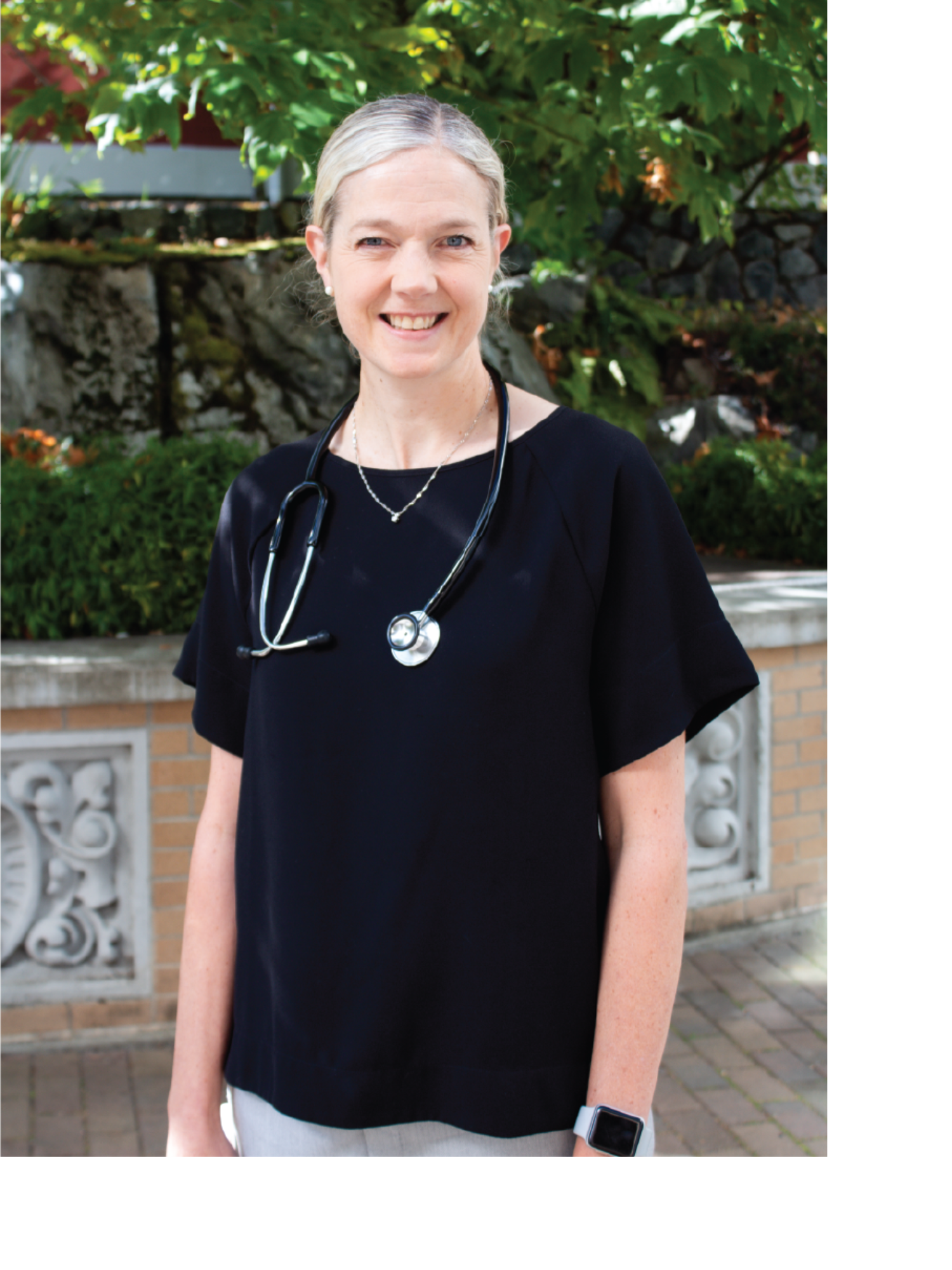 In the Multiple Sclerosis (MS) world, we are 100 per cent reliant on treating people with the use of MRI.
In the Multiple Sclerosis (MS) world, we are 100 per cent reliant on treating people with the use of MRI.
Everything about our Multiple Sclerosis Clinic at Royal Jubilee Hospital revolves around MRI scanners and monitoring. We have thousands of patients relying on this imaging technology.
MRI is completely integral to the type and quality of care we provide.
MS is an inflammatory disease, where one’s immune system attacks their brain and spinal cord, and can lead to permanent disability.
Over the last 10 years, even since Rahul was diagnosed, the care of MS patients has transitioned to a highly effective therapeutic approach. If you are newly diagnosed with MS today, we expect to put you into remission with the treatments. We don’t cure the disease, but incredible medications prevent MS relapse or attacks.
Before we put our patients on a medication, we want to know if they have a mild form of MS, or more aggressive, active MS. By using MRI and information from each patient’s history and physical examination, we can choose the right therapy to bring their disease under control. With regular MRI scans, we can ensure the medication is working and also safely lower their dose, as our goal is to not over-treat patients.
For Rahul, we are just about to embark on extending the length of time between his doses, and we’ll use MRI to know it hasn’t caused his MS to break-through, or relapse. We’ve been on a journey together for many years. The best part of my job is that I get to know my patients well, as I follow them through challenging times, but also good times. MS is a difficult disease but when we have the right tools and the right therapies, we can change people’s lives. There is nothing more rewarding.
All of our patients who are on treatment, are getting an MRI at least once a year. Over decades, they may have had 20 MRIs, or more.
There are so many needs within the healthcare system, but you cannot function as a community without MRI technology being accessible. I can’t think of a tool more valuable to the care of our patients.
The latest MRI technology enhances the quality of the images, which gives us the best possible information about our patients’ brains and spinal cords. The generosity of VHF donors can help to ensure we have clarity—and that, truly is invaluable.
—Dr. Kristen Attwell-Pope
Neurologist, Multiple Sclerosis Clinic, Royal Jubilee Hospital &
Medical Director for Brain Health, Vancouver Island





